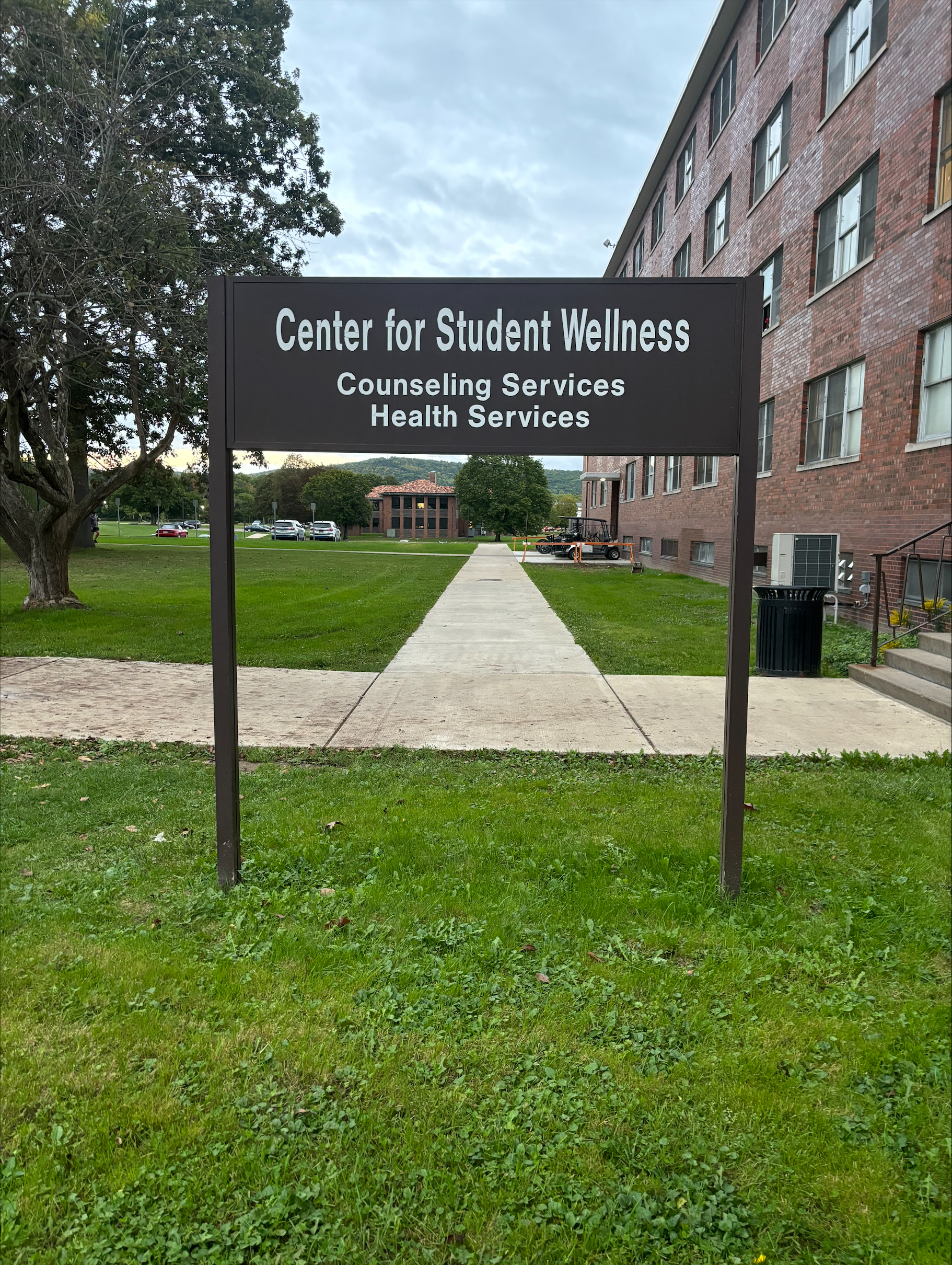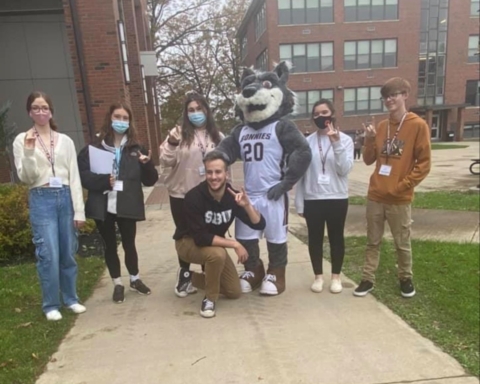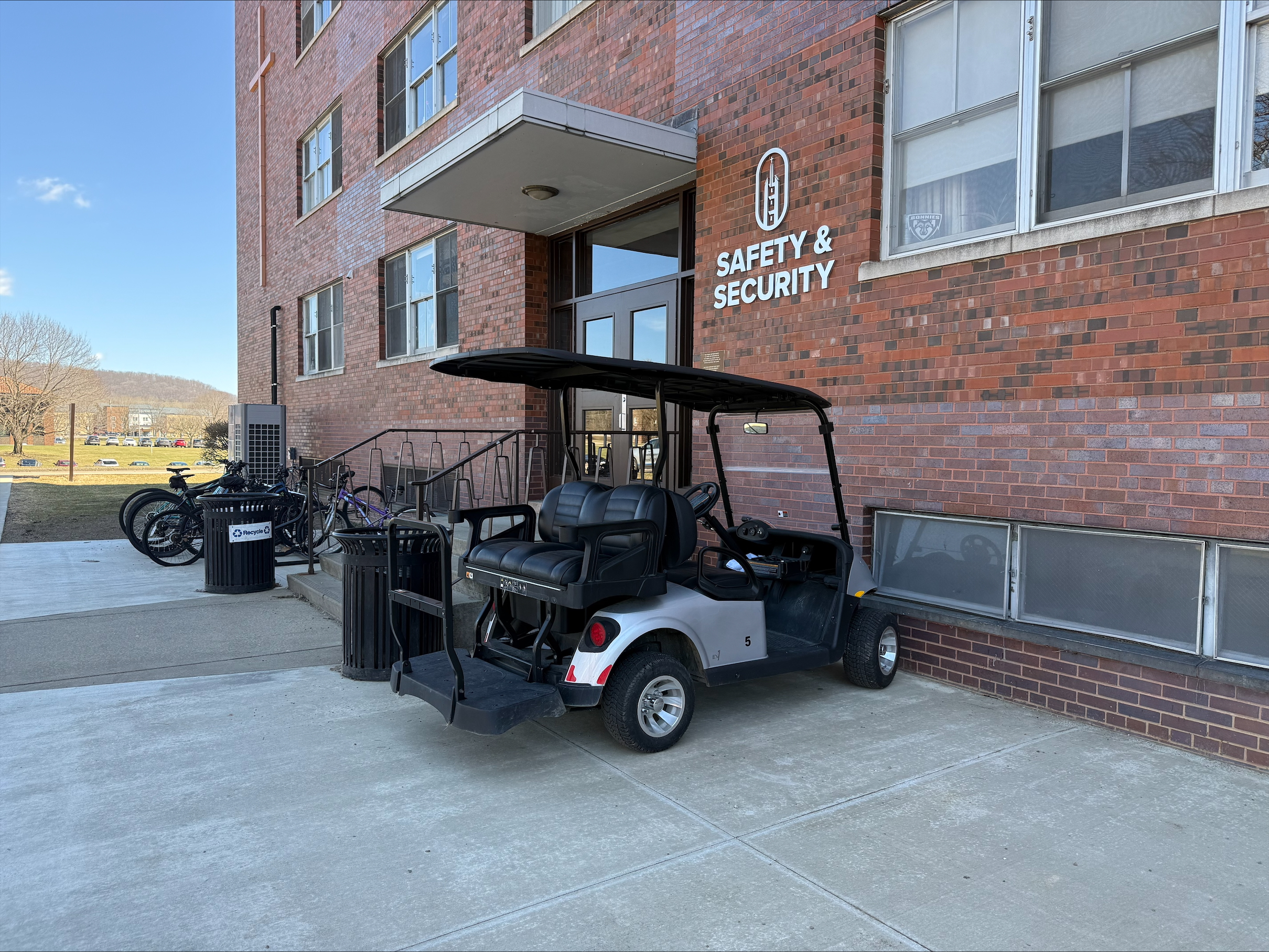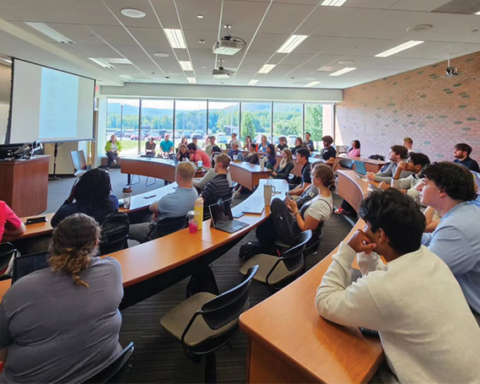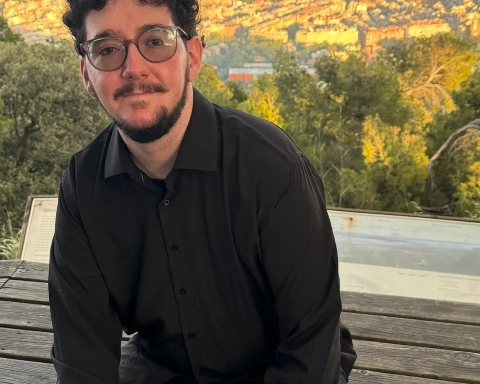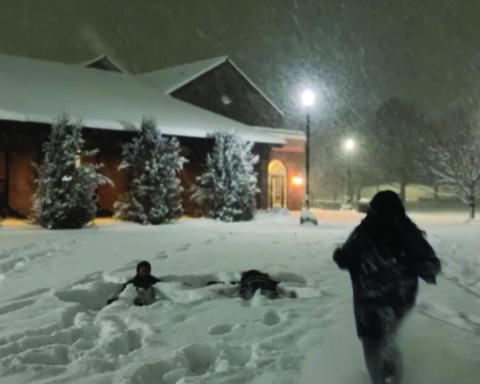By John Pullano, Advisory Editor
Following the cancellation of in-person classes less than one week from the end of the semester last fall, St. Bonaventure University’s COVID-19 task force has adopted surveillance pool testing for the spring semester in an attempt to better monitor the spread of the virus.
The testing began on Jan. 25 in the Richter Recreation Center and is a more efficient testing strategy, according to Bonaventure’s chief communications officer and co-chair of the COVID-19 task force Tom Missel.
“Pool testing allows us to test more students and do it more efficiently than random surveillance testing of individuals,” said Missel. “This will allow us to get a better gauge more quickly on how serious any spread of COVID might be at the university.”
Students are chosen at random and received a detailed email from health services 24 hours prior to their testing date with a link to register for the test and further instructions about the test.
The testing takes about 15 minutes and provides sensitive, accurate and rapid feedback about the presence of COVID-19 in saliva samples that students self-administer from a swab of their cheeks. The technique mixes 12 individual samples into a batch, and that batch is sent to SUNY-Upstate Medical University in Syracuse for testing.
If the tested batch returns negative, all 12 individuals are deemed to have tested negative. If that pooled sample comes back positive, then that group of 12 students must quarantine for one to two days until SUNY-Upstate determines whose saliva in the pool is positive.
According to Missel, the school’s COVID-19 task force was aiming for 90% compliance from students prior to the semester. Based on the initial 600 students that have been asked to be tested there has been an 89% compliance rate.
“Compliance has been very strong so far,” said Missel. “No complaints other than the inconvenience of missing 15 minutes of a class. But that’s a small price we were willing to pay for the overall safety of the campus community.”
However, a week into testing, Missel and the COVID-19 task force noticed compliance was well below the 90% mark among those students with tests scheduled in the morning. The team chose to move the testing from the morning to 1 to 4:30 p.m. every Monday.
Once the time change was made, several students said they found testing to be easy and the change to be the right move.
“I thought it was really easy and simple,” Student Success Center graduate assistant Ryan Signorino said. “It is a good switch from last semester because it is getting a lot more students tested week to week to track positivity rates.”
The school’s athletes are the only group that has been exempt from the pool testing and will be tested by their team-specific athletic trainers.
“Athletes have a much more regimented testing protocol they have to follow because of their constant proximity to one another during practice and games,” Missel said. “Testing as much as three times a week during competition season and at least once a week when not in season. Testing them would have been just wasting a test.”
Along with the pool testing students are asked to complete a daily screening on their mysbu.com page, which the COVID-19 task force is striving for an 85 to 90% week-to-week average for. Students who regularly fail to fill out the screening face disciplinary action through Student Affairs.
As pool testing continues for the rest of the semester, if student compliance statistics meet their goals, giving university officials enough data points, administration plans to consider relaxing some visitation restrictions in residence halls.
So, remember to, “Wash up. Mask up. Keep your distance,” as Missel said.

